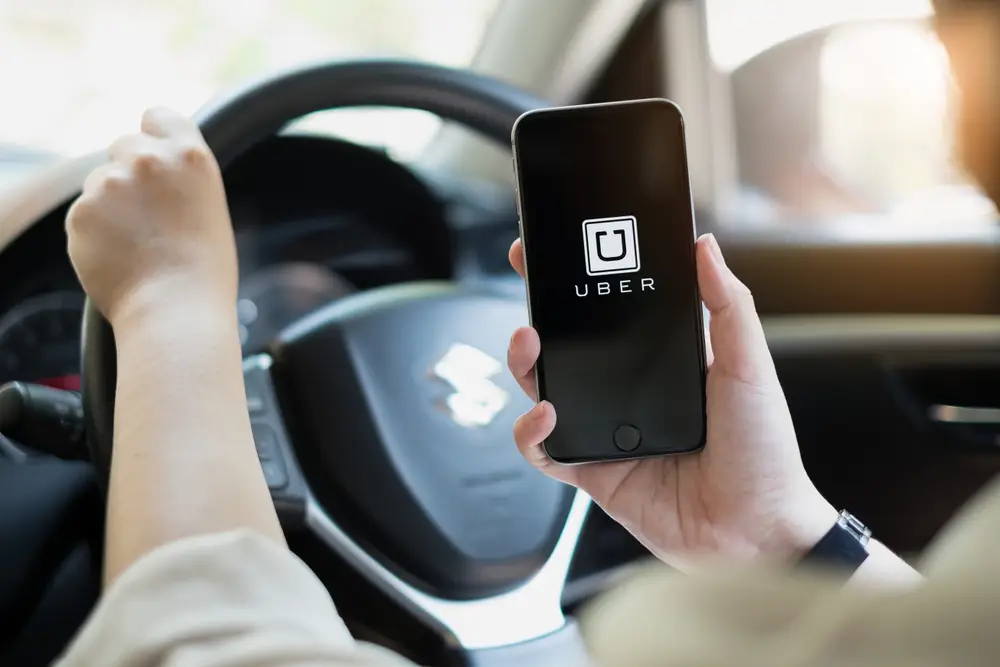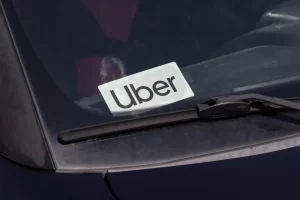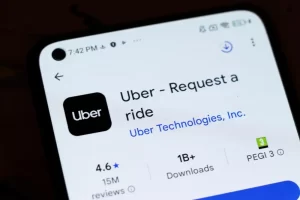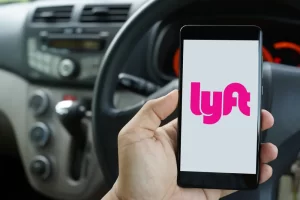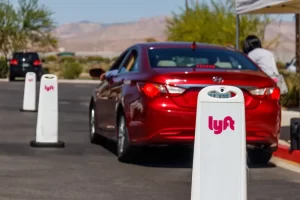Uber has announced a forthcoming U.S. pilot program called “Women Preferences” that will let women riders and drivers opt to be matched exclusively with each other, Newsweek reported yesterday.
The move comes as rideshare platforms like Uber have repeatedly faced safety concerns around sexual harassment and assault. The company’s safety report covering 2021–22 recorded 2,717 incidents classified under serious sexual assault and misconduct. Multiple lawsuits have been filed by drivers and passengers alleging sexual assault and harassment by Uber drivers.
Uber says this pilot is a direct response to feedback from women riders and drivers seeking more control over their match preferences. Women riders will see an in‑app “Women Drivers” option when requesting or scheduling rides; they can also default to that preference in settings. While the preference isn’t guaranteed, enabling it is intended to increase the odds of being matched with a woman driver.
Women drivers will similarly have the option to toggle a setting to accept requests only from women riders, including during peak hours. They retain the ability to turn the preference off at any time.
Uber acknowledges that most drivers are men and that relying on a gender-based preference presents logistical challenges and potential delays. The company says it has refined the feature through testing in diverse locations worldwide to make it operationally viable.
The Women Preferences pilot will begin in the coming weeks in Los Angeles, San Francisco, and Detroit, with plans to expand based on demand and usability feedback.
Safety advocates and survivor‑centered organizations have long pressed Uber to adopt gender‑responsive policies. While some view this feature as a step forward, others caution that it may not suffice without broader reforms in driver vetting, support systems for survivors, and transparent responses to reported incidents. Critics argue that feature deployment alone isn’t adequate to address Uber’s history of inadequate background checks and failure to proactively protect vulnerable passengers.
In July 2025, a federal judge dismissed certain legal claims in over 2,300 sexual assault lawsuits against Uber, including fraud allegations related to safety ads. However, the judge allowed product liability claims to advance, specifically citing Uber’s lack of same‑gender matching features as potentially preventable causes of harm. The first Uber Multidistrict Litigation (MDL) bellwether trial is currently scheduled for December 8, 2025. Bellwether trials serve as test cases, meaning they help predict how future lawsuits with similar facts might be decided by juries, often influencing settlement negotiations across the broader litigation.
If you or someone you know has experienced sexual assault by an Uber driver, legal help is available. To learn more about your legal rights and options, and about the Uber MDL, visit our Uber Lawsuit Guide Page. You may also get a free case review by filling out our brief, confidential form below.
